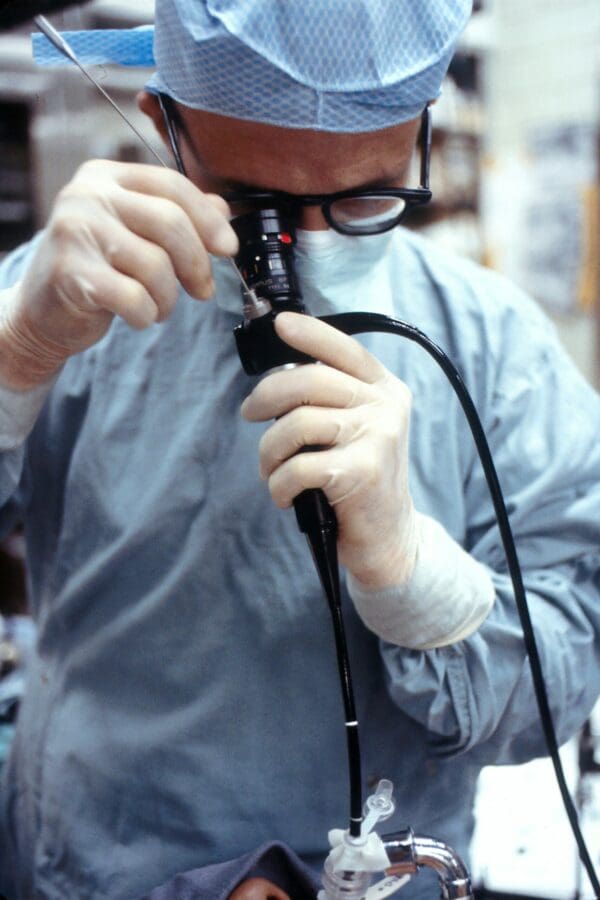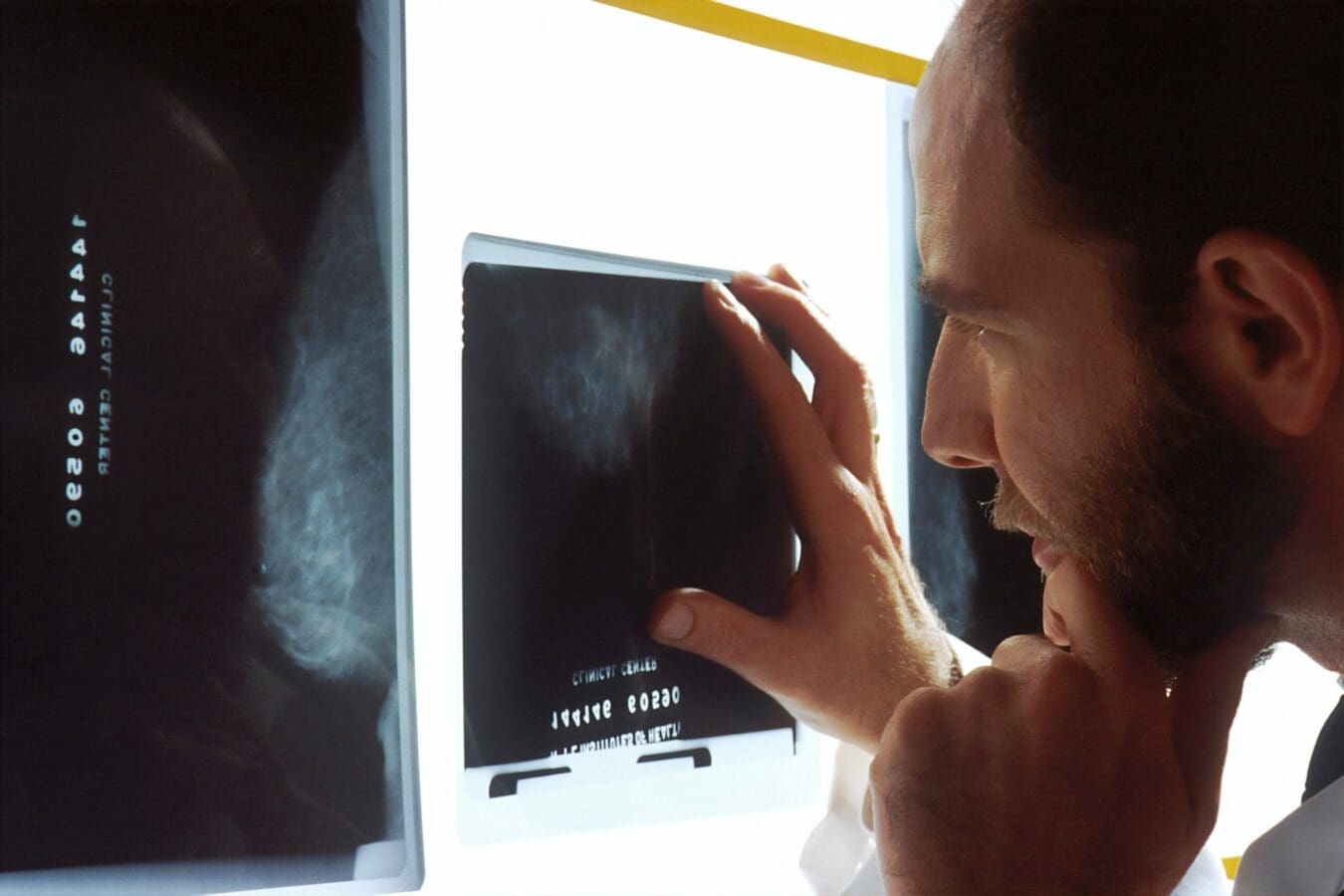 Prostate cancer is a leading cause of cancer-related deaths in men worldwide. While there is no known cure for prostate cancer, early detection, and treatment can significantly improve the chances of survival. Over the years, numerous studies have investigated the role of vitamin D in prostate cancer prevention and treatment. In this article, we will explore the relationship between vitamin D and prostate cancer in depth.
Prostate cancer is a leading cause of cancer-related deaths in men worldwide. While there is no known cure for prostate cancer, early detection, and treatment can significantly improve the chances of survival. Over the years, numerous studies have investigated the role of vitamin D in prostate cancer prevention and treatment. In this article, we will explore the relationship between vitamin D and prostate cancer in depth.
Vitamin D is a fat-soluble vitamin that is essential for maintaining healthy bones and teeth. It is also known to play a critical role in immune function, cell growth, and regulation of inflammation. Vitamin D is produced in the skin in response to sunlight exposure, but it can also be obtained from certain foods or supplements. The active form of vitamin D, known as calcitriol, interacts with vitamin D receptors (VDRs) located in various tissues throughout the body, including the prostate gland.
Observational studies and randomized controlled trials (RCTs) have shown an association between vitamin D levels and prostate cancer progression. However, evidence of direct causality is sparse, and studies have not examined biological mechanisms, which can provide information on plausibility and strengthen the evidence for causality.
One potential biological mechanism linking vitamin D and prostate cancer is through testosterone. Testosterone is a male sex hormone that is known to promote prostate cancer cell growth. Some studies have suggested that vitamin D may inhibit testosterone synthesis, which could reduce the growth and spread of prostate cancer cells.
Other studies have shown that vitamin D may stimulate apoptosis (programmed cell death) in prostate cancer cells, further suggesting a potential protective role for this vitamin.
Effect of Vitamin D on Total Testosterone Levels
In a meta-analysis of ten human RCTs, evidence was found of an effect of vitamin D on total testosterone levels. However, the effect of testosterone levels within the normal range on prostate cancer progression is unclear. The role of testosterone as a mechanism between vitamin D and prostate cancer progression remains inconclusive.
Another potential mechanism linking vitamin D and prostate cancer is through its anti-inflammatory properties. Chronic inflammation is known to contribute to the development and progression of prostate cancer. Vitamin D has been shown to modulate inflammatory responses by suppressing the production of pro-inflammatory cytokines, which could potentially reduce the risk of prostate cancer development.
Low Vitamin D Levels
Furthermore, several studies have suggested that low vitamin D levels may increase the risk of prostate cancer. A 2014 meta-analysis found that men with low vitamin D levels were at a higher risk of developing prostate cancer compared to those with higher levels. The study also found that men with advanced prostate cancer had lower vitamin D levels than those with early-stage cancer.
Conflicting results
On the other hand, some studies have reported conflicting results. A 2016 meta-analysis of 12 studies found no significant association between vitamin D levels and prostate cancer risk. However, the studies included in the analysis varied in design and population, which could have contributed to the conflicting findings.
While the evidence on the relationship between vitamin D and prostate cancer is not entirely clear, some studies have suggested that vitamin D supplementation may have a role in prostate cancer prevention and treatment. In a randomized controlled trial published in 2015, men with prostate cancer who received high-dose vitamin D supplements had a lower rate of cancer progression compared to those who received placebo.
Another study published in 2018 found that vitamin D supplementation improved outcomes in men undergoing active surveillance for low-risk prostate cancer.
A summary of a study done on Vitamin D and prostate cancer
Plausible Biological Mechanism: Testosterone and Vitamin D
Observational studies and randomized controlled trials (RCTs) have shown a relationship between vitamin D levels and prostate cancer progression. However, direct causality evidence is limited, and biological mechanisms linking vitamin D and prostate cancer remain unknown.
In this study, the authors investigate the role of testosterone as a potential biological mechanism linking vitamin D and prostate cancer progression.However, no one has claimed that Vitamin D kills prostate cancer.
Human RCTs Show Evidence of Vitamin D’s Effect on Testosterone
In the first stage of the study, the authors identified testosterone as a plausible biological mechanism linking vitamin D and prostate cancer progression. In the second stage, the authors conducted a systematic review and meta-analysis of both human and animal studies to investigate the relationship between vitamin D and testosterone, as well as testosterone and advanced prostate cancer or prostate cancer-specific mortality. The meta-analysis of ten human RCTs showed evidence that vitamin D increases levels of total and free testosterone, although the effect of testosterone levels within the normal range on prostate cancer progression is unclear.
Inconsistent Results: Testosterone and Prostate Cancer-Specific Mortality
The study also examined the relationship between testosterone and advanced prostate cancer or prostate cancer-specific mortality in human cohort studies. Three studies showed inconsistent results, with one showing a positive association between calculated free testosterone and advanced prostate cancer or prostate cancer-specific mortality, while another found that higher levels of dihydrotestosterone were associated with lower prostate cancer-specific mortality.
Should I take vitamin D if I have prostate cancer?
There is some evidence to suggest that taking vitamin D supplements may be beneficial for men with prostate cancer. Some observational studies and randomized controlled trials have found that higher vitamin D levels are associated with better outcomes in prostate cancer patients. In particular, higher vitamin D levels have been linked to a lower risk of advanced prostate cancer and prostate cancer-specific mortality.
However, it is important to note that more research is needed to fully understand the role of vitamin D in prostate cancer. As with any supplement, it is also important to consult with a healthcare professional before starting to take vitamin D, especially if you have prostate cancer or any other medical condition.
Can vitamin D raise PSA levels?
There is some limited evidence to suggest that vitamin D supplements may raise PSA levels in men with prostate cancer. PSA (prostate-specific antigen) is a protein made by the prostate gland, and elevated levels of PSA in the blood can be a sign of prostate cancer or other prostate problems.
One study published in the Journal of Clinical Oncology in 2015 found that men with early-stage prostate cancer who took high-dose vitamin D supplements had higher PSA levels than those who did not take vitamin D supplements. However, other studies have not found a significant association between vitamin D supplements and PSA levels.
It is important to note that PSA levels can fluctuate for many reasons, and a single test may not be enough to diagnose prostate cancer or track its progression. If you are concerned about your PSA levels, talk to your healthcare provider.
The Mayo Clinic is a world-renowned medical institution that provides excellent care to patients with prostate cancer. According to the Mayo Clinic, vitamin D may help prevent prostate cancer and improve outcomes for those who have the disease. Research shows that men with low levels of vitamin D may be at a higher risk of developing aggressive prostate cancer. Additionally, vitamin D supplements may improve outcomes for men with prostate cancer, including reducing the risk of recurrence and improving overall survival. The Mayo Clinic recommends that men with prostate cancer discuss their vitamin D levels and supplement use with their healthcare provider to determine if additional supplementation is necessary.
What vitamins should I take for prostate cancer?
While there is no one-size-fits-all answer to this question, some vitamins and supplements that may be beneficial for men with prostate cancer include:
- Vitamin D: As discussed earlier, there is some evidence to suggest that vitamin D supplements may be beneficial for men with prostate cancer.
- Selenium: Some studies have found that selenium supplements may reduce the risk of prostate cancer progression.
- Vitamin E: While the evidence is mixed, some studies have suggested that vitamin E supplements may help slow the progression of prostate cancer.
- Green tea: Some studies have found that green tea extracts may have anti-cancer properties and may help reduce the risk of prostate cancer progression.
It is important to note that not all vitamins and supplements are safe or effective for everyone, and some may interact with medications or other medical conditions. It is always a good idea to talk to a healthcare professional before starting any new supplement regimen.
What vitamins affect PSA levels?
In addition to vitamin D, there are some other vitamins and supplements that may affect PSA levels. For example, some studies have found that vitamin E supplements may raise PSA levels, while others have not found a significant association.
There is no conclusive evidence to suggest that any particular vitamin is bad for prostate cancer. However, some studies have suggested that high doses of certain vitamins, such as vitamin E and vitamin C, may increase the risk of prostate cancer or have no effect on the risk of prostate cancer. It is important to discuss any supplements or vitamins with a healthcare professional before taking them, especially if you have prostate cancer or are at risk for it. They can provide personalized recommendations based on your individual health status and needs.





